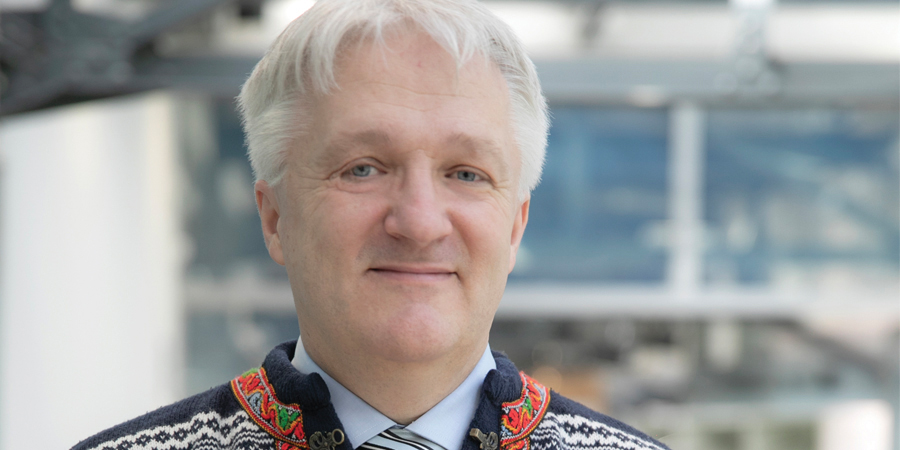The Internet in the Gulf States region has made enormous strides over the past decade in terms of growth. This has largely been driven by the digitalisation across different industries, economic development in general, and innovation in mobile Internet services. However, one factor consistently acting against this has been a lower level of interconnection compared to what we see in other regions. Less peering means higher latency, increased costs, and lower security (as local traffic passes through foreign centres of interconnection). As more people come to rely on latency sensitive applications like streaming, gaming and IoT, this approach might not be very sustainable over the long term.
Experience shows, often counter-intuitively, that more interconnection benefits everyone – from competing networks to their customers. This is a non-zero-sum game. An environment with a high degree of peering supports faster speeds and lower costs, which can provide a space for new applications to be developed.
Internet exchange points (IXPs) are an important catalyst that support peering and can play a huge role in developing the local ecosystem. However, there is still a lot of room for growth here – the networks peering at these locations are primarily national telecoms and ISPs and we’ve yet to see enterprise networks or the academic and banking sectors show up in large numbers. And service providers will sometimes give up on the benefits of peering at an IXP to keep their competition from enjoying the same benefits as well.
Progress is being made though. We’ve seen an increase in the number of IXPs, and there is room for regional players to peer at these locations, which is happening in countries like the UAE and Bahrain. It’s also worth noting that traffic leaving the region introduces other risks. As traffic passes through third-party data centres in places like Europe, it’s exposed to interception – so keeping local traffic local has security benefits too.
As a neutral party that works to support all its members, the RIPE NCC is available to help. We’re committed to facing these challenges and we see many opportunities in the region which will support Internet development. When it comes to security, we run training courses and webinars though our Academy which includes BGP and routing security. Our newly launched ‘certified professionals IPv6 security expert’ exam also certifies the ability to identify common IPv6 security threats and plan to counter them.
Knowing what’s happening in the region also supports our work to support peering and greater interconnectivity. We’re keen to deploy more RIPE Atlas probes and anchors in the Middle East – these measurement points can help us to provide a more comprehensive picture of what’s happening, what’s working well, and what could be improved. We also have a range of other tools and services, including RIPEstat which provides access to information about routing, connectivity, IPv6 readiness and other useful metrics on Internet development. Using RIPEstat, we can see how effectively IP address space is protected by resource public key infrastructure (RPKI), a security framework that helps network operators make more secure routing decisions. I would strongly encourage operators in the region to put more focus on routing security, as RPKI uptake could certainly be improved.
Lastly, we hold regional meetings like the Middle East Network Operators Group Meeting and Peering Forum (MENOG) which offers a platform for key players to learn from their peers. We host Open House sessions to connect experts and our wider network for discussions. We also host RIPE meetings where interested parties can develop their network of Internet community peers across our service region.
We will continue to work towards a more stable and resilient Internet by helping to support the interconnection of the Internet’s routing system as a whole and we will also support opportunities for connection between IXPs throughout the region.











